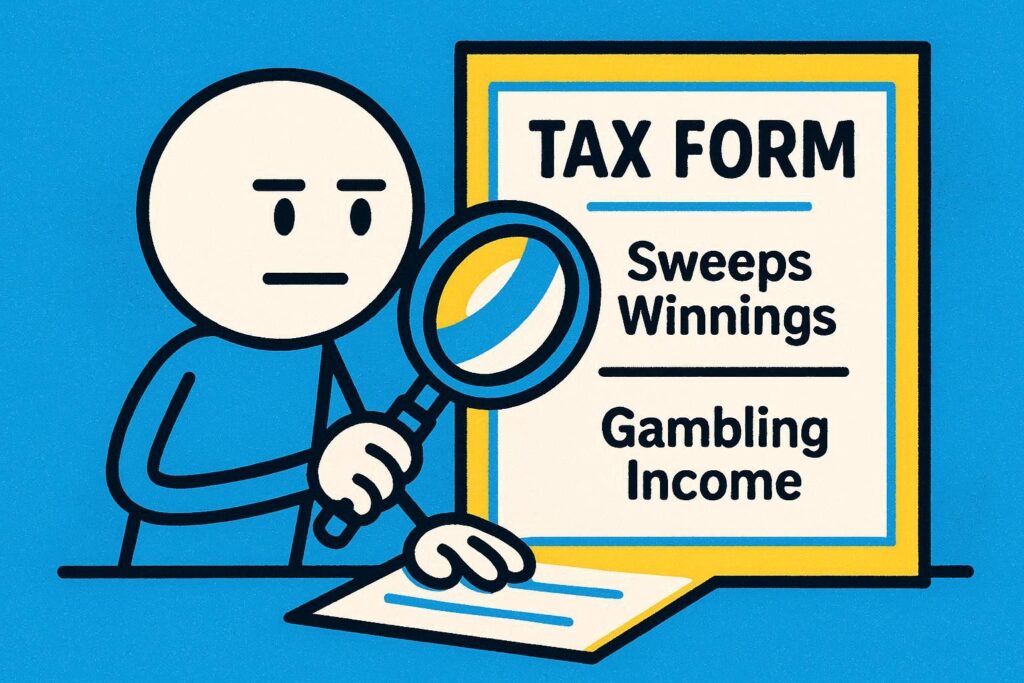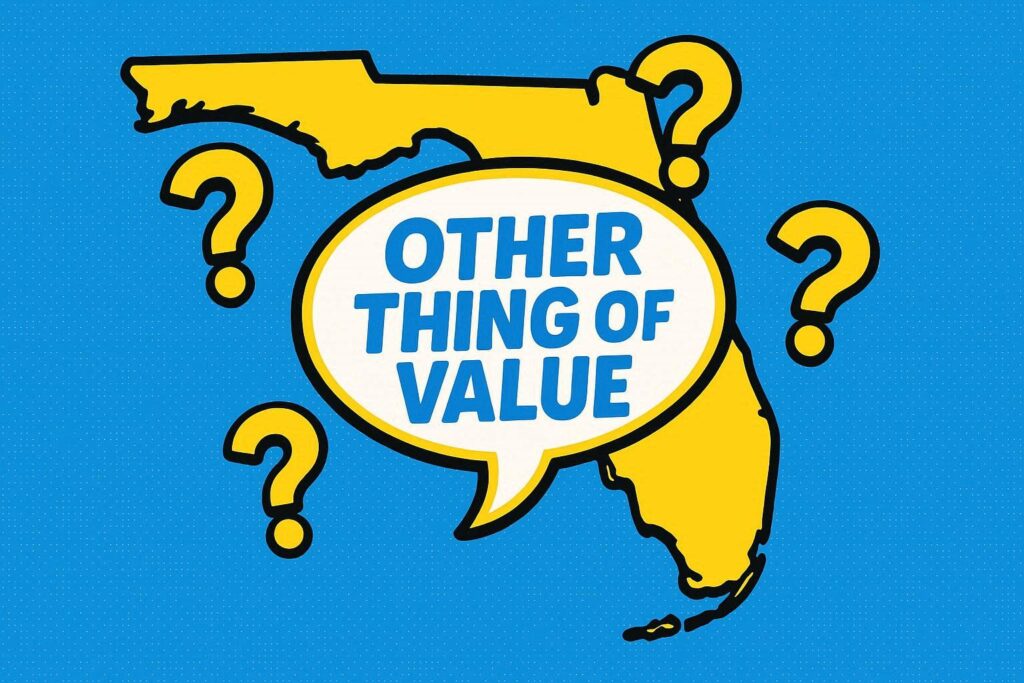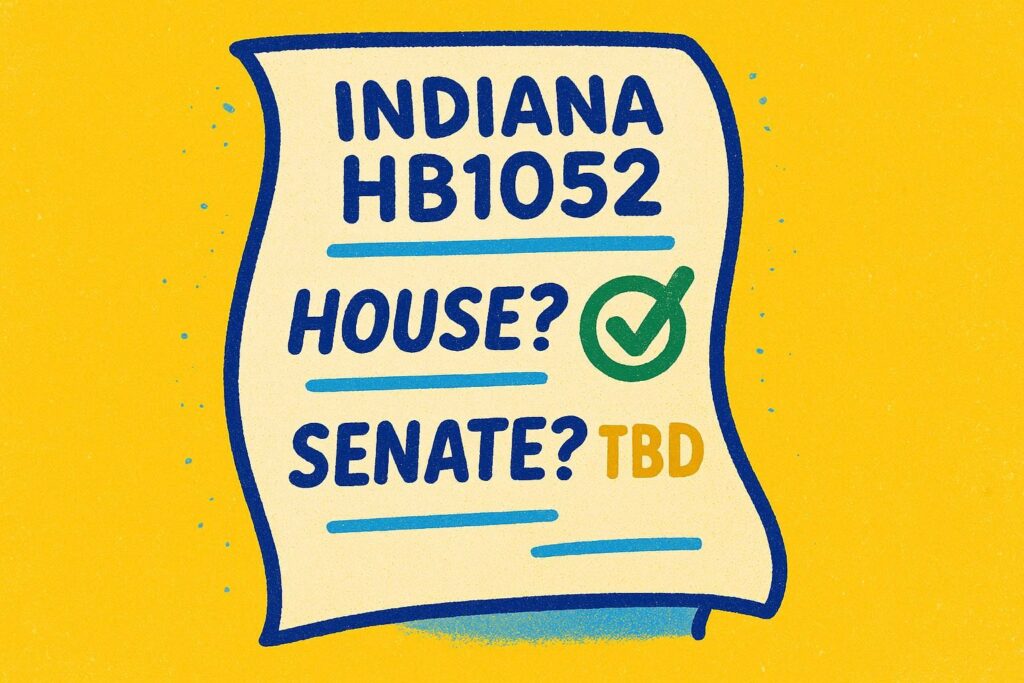The California bill that would ban online sweepstakes casinos and criminalize any person or entity knowingly supporting them was actually introduced way back on Feb. 19, 2025.
Except it had nothing to do with the sweeps industry at that time.
Instead, authored by Rep. James Ramos, Assembly Bill 831 focused solely on tribal-state gaming compacts. Specifically, it adjusted the review timeline for new compacts with federally recognized tribes in California.
Now, six months later, a revamped AB831 — written by a different lawmaker, Rep. Avelino Valencia, and introduced in late June — that doesn’t contain a single word of that original version is a few steps away from passage and outlawing sweepstakes casinos in California.
How is this possible?
Via the gut-and-amend process — a means by which lawmakers change (sometimes entirely) a bill late in its legislative stages and can therefore push it through without needing to clear as many hurdles. Opinions are mixed regarding the ethics and validity of gutting and amending, which has now come into the gambling industry’s spotlight as sweeps operators cry foul over its use with AB831.
What is the gut-and-amend process?
Let’s dive a little deeper here.
The process is pretty well-explained in the name. With gut and amend:
- First, lawmakers strip the bill of all its original language — or, in other words, they gut it.
- Then, they replace the original language — amend it — with whatever they’re trying to get passed. It could be entirely new topics that are not related at all to the bill’s original content.
Although the gut-and-amend process is most directly associated with the California Legislature due to a number of factors (we’ll get to one of those later), this does also happen in other states.
Legislators use gut and amend late in the legislative session when new bills can’t be introduced any longer. They use that original bill as a “vehicle” bill, so to speak, basically just providing the framework and wheels for a brand new engine.
Because these gut-and-amend bills are often “introduced” soon before the ends of legislative sessions, there may be less time for review, cutting off debate and public input.
“Anecdotally, it does seem to be used more regularly on high-profile or time-sensitive legislation that might be slowed down by public opposition or confusion,” Peter Hammon, gaming industry executive and consultant, told Sweepsy.
That has been the main source of backlash from sweeps casinos and advocates, including the Social and Promotional Games Association and the Social Gaming Leadership Alliance. They have argued using gut and amend for AB831 has created a quickened timeline where lawmakers can’t have time to fully understand the sweeps industry.
“By hijacking a bill at the eleventh hour through a gut-and-amend maneuver, California lawmakers have shut out voters, experts, and small businesses,” an SPGA spokesperson told Sweepsy. “This isn’t transparency — it’s policymaking in the shadows.”
Watchdog executive director: ‘Tantamount to bait-and-switch schemes’
The gut-and-amend process can be used for noble purposes — which is what AB831 proponents would argue is happening in this situation.
Gut and amend can help lawmakers respond quickly to unexpected changes, world events, or urgent policy needs. It can also help break legislative gridlock on a topic that’s undeniably beneficial to constituents — skipping several steps in a process taking unnecessarily long to give the public what it wants or needs.
“I think the Legislature needs to be flexible, and we need to be responsive when an issue comes on our desk,” former California Rep. Mike Gatto said in 2014, according to CapRadio. “So if we hear of a good idea after February, we have to do what is called a gut-and-amend.And that’s a real shame, because there’s lots of good ideas that come to us besides just in December, January and February. It’s crazy.”
However, given the last-minute, skipping-steps nature of gut and amend, it has become associated with undermining transparency and public trust.
“Gut-and-amend bills are tantamount to bait-and-switch schemes,” Kathay Feng, executive director of nonprofit watchdog California Common Cause, told KQED.org in September.
In the same CapRadio piece Gatto is quoted in, Sacramento State political analyst Steve Boilard expressed his opposition to gutting and amending, saying that even though it is legal, “it doesn’t mean that therefore it’s right or proper, or even democratic.”
People may ‘disagree’ but ‘it’s common’
In California, the practice is frequently used.
One report from SF Gate back in 2002 estimated it happened with “at least 50 bills” over a two-week period. Since then, Prop 54 was passed to require a final version of a bill to be published for review for at least 72 hours before a floor vote, but reports suggest that hasn’t really curtailed the practice.
California’s lax germaneness rules also make it a conducive environment for gut and amend. Other states have stricter requirements for amendments to be germane, or relevant, in some way to the original bill’s subject. In California, the amendments don’t face the same standard of relevance and can essentially be about anything.
Still, gutting and amending does happen in other states.
Like Iowa, where Axios reporter Linh Ta has spent the past five years covering the state legislature.
“I think most regular people would disagree with (the gut-and-amend) tactic,” Ta said, “but it’s common.”
Recent example of a successfully gutted-and-amended bill
Ironically, a recent success deals with gambling.
Sort of.
In June 2024, Senate Bill 1524 would have changed the timeframe the governor had to appoint someone to the California Gambling Control Commission. At the same time, the state’s restaurant industry was worried about recently issued guidance from the Attorney General that restaurants would need to start including fees in listed prices.
The industry wanted a bill passed to exempt restaurants from the AG’s guidance.
But the deadlines to introduce a bill and for a bill to pass at least one chamber had passed.
Enter, SB1524, which had already unanimously passed the Senate. Lawmakers gutted the CGCC content and replaced it with language saying restaurants don’t have to include fees in their listed prices but can instead list them separately on their menus.
It worked. Perfectly.
The Assembly unanimously passed the gutted-and-amended version of SB1524, and the Senate re-passed it unanimously as well.
So … what’s next for AB831?
AB831 still has several more steps to go through before it fully passes.
Up next is its third and final Senate hearing before the Appropriations Committee on Aug. 18. If it clears that hurdle, it will advance to a full Senate vote. If it passes in the Senate, it could only need to be re-approved by the full Assembly — no additional Assembly committee hearings would be required, even though this AB831 has nothing to do with the AB831 that made its way through Assembly committees earlier this year.
California’s legislative deadline is Sept. 12. Gov. Gavin Newsom can extend things with a special session, if necessary. AB831 won’t stall out if it doesn’t pass by Sept. 12, though, because the California Legislature works on two-year cycles so AB831 could pick up where it left off in 2026.









